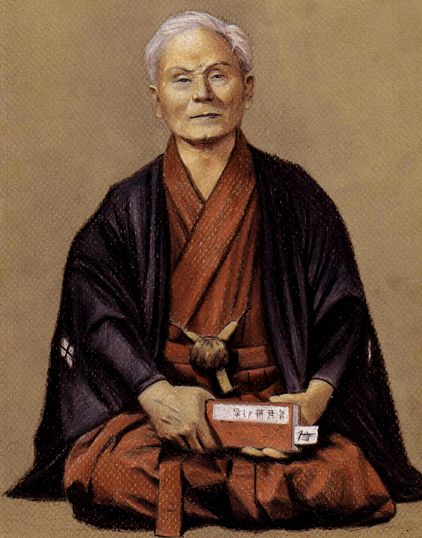Recent Posts
Recent Comments
No comments to show.

Shotokan (松濤館, Shōtōkan) is a style of karate, developed from various martial arts by Gichin Funakoshi (1868–1957) and his son Gigo (Yoshitaka) Funakoshi (1906–1945). Gichin Funakoshi was born in Okinawa[1] and is widely credited with popularizing “karate do” through a series of public demonstrations, and by promoting the development of university karate clubs, including those at Keio, Waseda, Hitotsubashi (Shodai), Takushoku, Chuo, Gakushuin, and Hosei.
Funakoshi had many students at the university clubs and outside dojos, who continued to teach karate after his death in 1957. However, internal disagreements (in particular the notion that competition is contrary to the essence of karate) led to the creation of different organisations—including an initial split between the Japan Karate Association (headed by Masatoshi Nakayama) and the Shotokai (headed by Motonobu Hironishi and Shigeru Egami), followed by many others—so that today there is no single “Shotokan school”, although they all bear Funakoshi’s influence.
Gichin Funakoshi laid out the Twenty Precepts of Karate which form the foundations of the art, before some of his students established the Japan Karate Association (JKA). Within these twenty principles, based heavily on bushido and Zen, lies the philosophy of Shotokan. The principles allude to notions of humility, respect, compassion, patience, and both an inward and outward calmness. It was Funakoshi’s belief that through karate practice and observation of these 20 principles, the karateka would improve their person.
The dōjō kun lists five philosophical rules for training in the dojo: seek perfection of character, be faithful, endeavor to excel, respect others, and refrain from violent behaviour. These rules are called the Five Maxims of Karate.[9] The dōjō kun is usually posted on a wall in the dojo, and some shotokan clubs recite the dōjō kun at the beginning and/or end of each class to provide motivation and a context for further training.
Funakoshi also wrote: “The ultimate aim of Karate lies not in victory or defeat, but in the perfection of the character of the participant.

